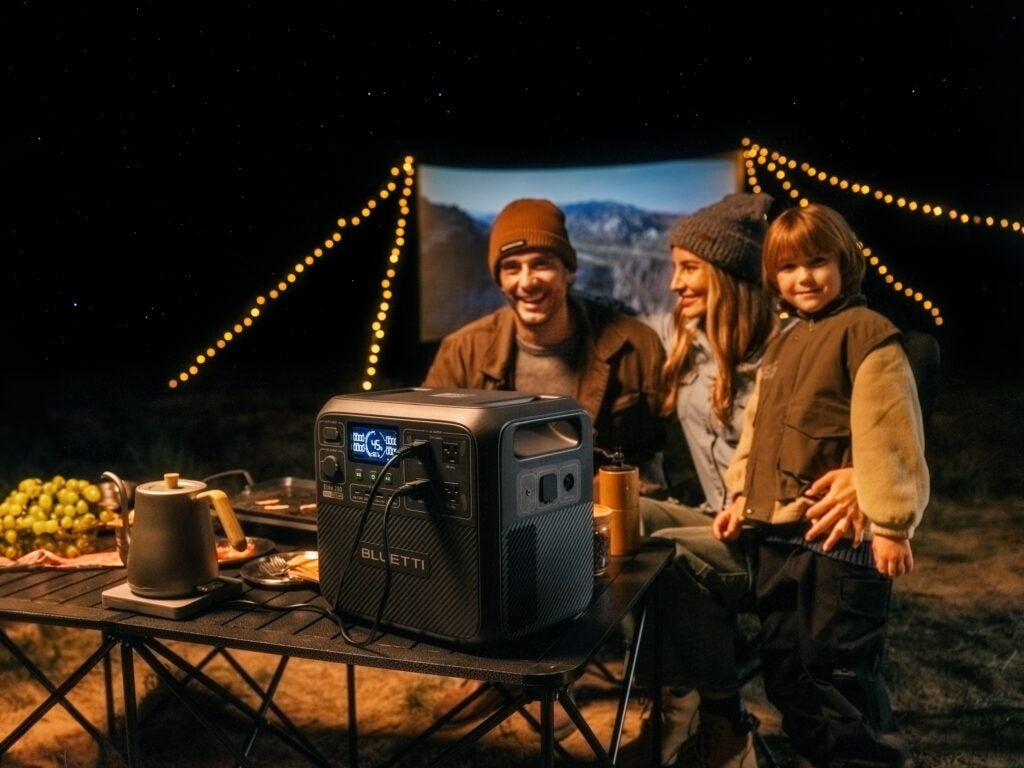We may live in an era of virtual reality headsets and AI chatbots, but there’s still something to be said for good old-fashioned card and board games. These classics are a tremendous way to bring family and friends together, providing a much-needed opportunity to spend time together, laugh, and engage in friendly competition.
Some of my best memories from camping trips, holidays, and other family gatherings revolve around board games. But there’s more out there than tired mainstays like Clue, Monopoly, and Life. Here are 10 of excellent board and card games for families.
Hearts
Unlike some of the others on this list, you might have played Hearts before, but it’s a lot of fun and I can’t in good conscience leave it off. Played with a normal 52-card deck, Hearts is a trick-taking game, where the goal is to avoid collecting points. Players try to shed the dreaded heart suit, as each heart card carries a point. The queen of spades lurks as a 13-point penalty. The game involves passing cards to opponents, strategic card play, and a bit of calculated risk, and like the very best family card games, Hearts is easy to learn but challenging to master, offering a blend of skill and luck, so even newcomers will have a chance to topple old pros.
The Chameleon
The Chameleon is an excellent social deduction game that works best in larger groups (5 or more). Everyone but one player—the Chameleon—knows a secret word. Everyone is trying to figure out who the Chameleon is, and the Chameleon is trying to figure out what the secret word is so that they can blend in. As you can imagine, hilarity ensues. Rounds are short (just a few minutes), and after that a new Chameleon is chosen, so you can play for as little or long as you’d like. A great game for anyone who enjoys a bit of bluffing.
Monopoly Deal
The two-to-five player card game Monopoly Deal takes the best parts of Monopoly and nixes the bad. No tedious dice rolling or long, drawn out games. (You know, when a certain person is 100% going to win, but it’s taking them ages to put everyone else out of their misery.) Instead of trying to bankrupt every other player, you only need to own three property sets to win, and instead of rolling dice around a board, you simply draw property and action cards each turn. This means the game moves at a much quicker pace (~30 minutes). The card-based nature also makes it easy to take on the road.
Capitalism
Also known as Scum, Capitalism is also played with a traditional 52-card deck. The goal is to get rid of all your cards as quickly as possible. In each proceeding round, the worst performing players must give up their best cards to the best performing players, so it becomes harder and harder to buck the status quo.
Capitalism works well if you can play a series of several rounds, but it’s fast, easy to learn, and a heck of a lot of fun. You can also add funny side rules, like giving the “President” (the winner) a comfy chair and making the “Scum” (the worst performing player) sit on a stool. As a Boy Scout, I spent many long nights playing this game in the tent by flashlight, although I was often the Scum
Salem 1692
Similar to The Chameleon, Salem 1692 is a social deduction game themed around the infamous witch trials. You play a variety of roles as residents of Salem (or a hidden witch). Unlike Chameleon, which is a quick play, Salem 1692 is a longer game. The witches are trying to kill off the townspeople and remain hidden, and deflect trials onto other players, while the townspeople are trying to accuse and reveal the witches. Each player character has a special ability, and there are other roles, too, like a constable who can protect innocent players.
PARKS
PARKS has exploded in popularity among outdoors enthusiasts lately, and won an avalanche of awards, but it’s worth including here because I meet a lot of folks who’ve never played it. In short, PARKS is a board game tribute to the U.S. National Parks. One to five players collect resources and memories as they hike through different parks, represented by sublime illustrations from a variety of artists. The gameplay revolves around worker placement and resource management. You’ll strategically move your hikers to gather resources like mountains and forests, which are then used to visit parks and earn “victory points.”
PARKS is one of the more complex board games I’ve listed in terms of game components, but the artwork is stunning. It’s a great choice for families and nature lovers alike, offering a relaxing but strategic gameplay experience with lasting appeal.
Idiot
Idiot, a casual card shedding game played with a 52-card deck, is fast-paced and simple—great for young children—but still never gets old. My girlfriend and I started playing several games per day during the pandemic, and we’ve probably clocked thousands by now.
Compatible with two or four players, Idiot sees players play cards onto a central pile, trying to continuously one-up the other (if you can’t beat the card on the pile, you have to take all the cards). The winner is the first to get rid of all their cards, but you can’t plan ahead, because your final three cards are face down in front of you.
Odin’s Ravens
Odin’s Ravens is a two-player game where players race across the realm as Huginn or Muninn, the legendary ravens of the Norse god Odin. The game blends simple rules with surprising depth. You have to manage your hand, anticipate your opponent’s moves, and adapt to changes in the board. With beautiful artwork and a quick playing time (~20 min), Odin’s Ravens is a stellar option for short gaming sessions, and also works for four players in two-person teams.
Monikers
Like The Chameleon, Monikers is an incredible group game. It’s essentially charades, but demands closer attention and more intimate team connections. You and your team have to help each other guess the names appearing on a series of cards with an increasing handicap.
During the first round, you can describe the card however you want. In the second round you can only use a single word, while in the third round you can only pantomime your description. So if you’re zoning out on your smartphone and not paying attention to the cards in the deck in the early rounds, the later rounds become impossible.
Onitama
For anyone who’s gotten bored of chess and checkers but is still interested in a two-player dueling game, Onitama never disappoints. The game has simple rules, elegant gameplay, and beautiful artwork. No two games are alike, and it’s light and compact, so easy to take on the road.
Onitama is sort of like Chess, in that each player controls a handful of “student” pawns and a king-like leader, called the “master.” The objective of the game is to capture the other player’s master, or get yours to the end of the board. Players move by drawing and playing kung-fu and origami-inspired movement cards, such as mantis, cobra, rooster, tiger, dragon, and ox.
The kicker is that both players see all of each other’s pieces, and all cards are kept face up, so you know all your opponent’s available moves. It’s a game of perfect information. This creates a strategic challenge where you have to anticipate your opponent’s actions as much as plan your own.
Whether you’re looking for a way to keep the kids off screens during the holidays, are stuck in your campervan with buddies during a rainstorm, or hoping to burn time during a weekend cabin getaway, there are tons of engaging and competitive board and card games beyond household names like Trivial Pursuit.
There’s something here for all comers, from large-group social deduction games like Salem 1692 and The Chameleon to simple traditional card games like Hearts and Capitalism. Check out these ten games next time your crew is bored and looking for fun!
The Dyrt is the only camping app with all of the public and private campgrounds, RV parks, and free camping locations in the United States. Download now for iOS and Android.Popular Articles:
Articles on The Dyrt Magazine may contain links to affiliate websites. The Dyrt receives an affiliate commission for any purchases made by using such links at no additional cost to you the consumer.



